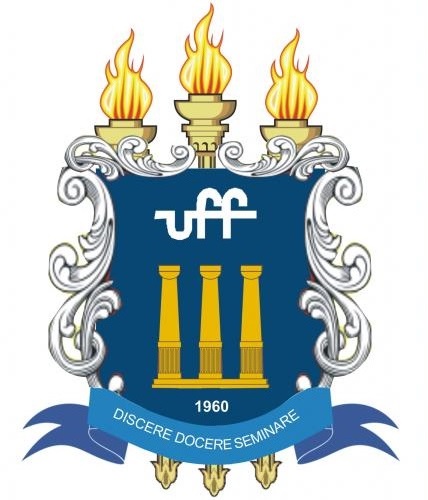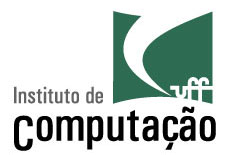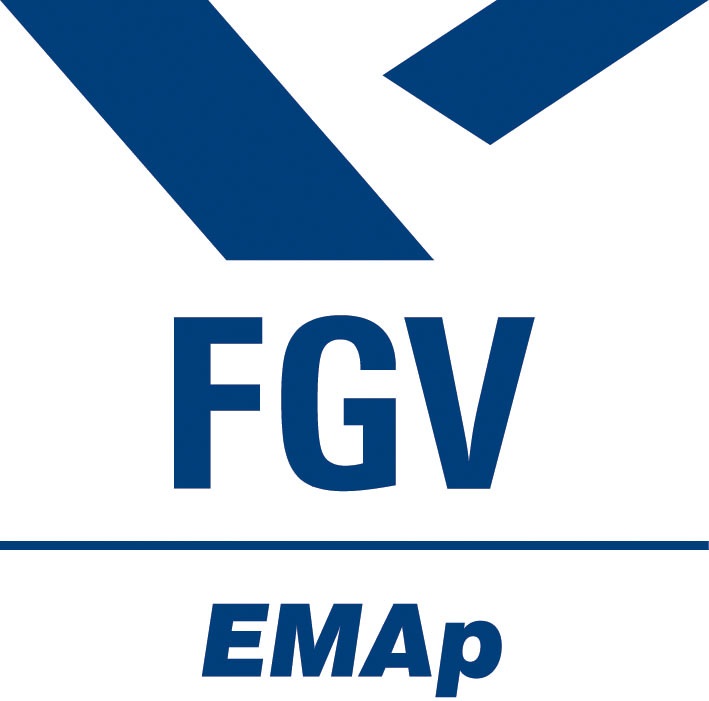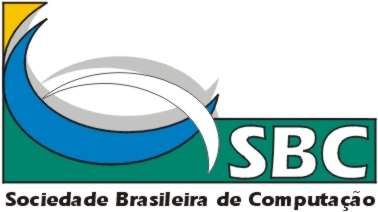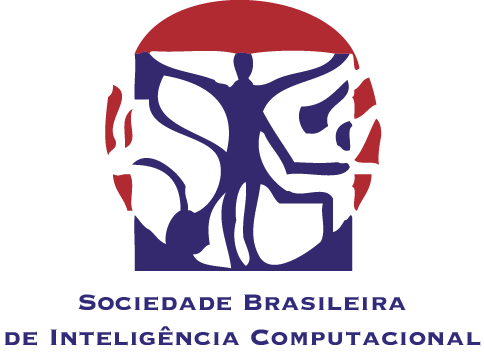- Program
- Keynote Speakers
- Tutorials
- Technical Sessions
(oral) - Technical Sessions
(poster) - Technology Session
IX Workshop de Visão Computacional (WVC 2013)
Tutorials
Prof. Anderson de Rezende Rocha, PhD
(Professor Doutor, Instituto de Computação, UNICAMP)
Title: Digital Forensics Sleuthing: Exposing Fauxtography and Uncovering the Hidden Secrets of Digital Images
Abstract:
Digital images are everywhere -- from our smartphones to the pages of our online news sites to social media networks. Amidst such a flood of visual stimuli, how we choose to use digital image processing raises a surprising host of legal and ethical questions that we must address. What are the ramifications of hiding data within an innocent image? Is this an intentional security practice when used legitimately, or intentional deception? Is tampering with an image appropriate in cases in which the image might affect public behavior? Does a photograph represent a crime, or is it a simple representation of a staged scene? Before action can even be taken on the basis of a questionable photograph, we must detect something about the photograph itself. Investigators from a diverse set of fields require the best possible tools to tackle the challenges presented by the malicious use of today's digital image processing techniques. In this short course, we will introduce the emerging field of digital forensics and its research sub-fields putting emphasizes on the digital image forensics research subarea. The digital image forensics main topics of interest are source camera identification, forgery detection, and steganalysis. In source camera identification, we seek to identify the particular model of a camera, or the exact camera, that produced an image. Forgery detection's goal is to establish the authenticity of an image, or to expose any potential tampering the image might have undergone. With steganalysis, the detection of hidden data within an image is performed, with a possible attempt to recover any detected data. Each of these components of digital image forensics will be described in high-level, along with a critical and more in-depth analysis of four selected problems: image forgery detection through eye specular highlights, image forgery detection through color constancy inspection and illumination color classification, image phylogeny and, finally, image cloning (copy/paste) detection.
Short Bio:
Anderson de Rezende Rocha received his B.Sc (Computer Science) degree from Federal University of Lavras (UFLA), Brazil in 2003. He received his M.S. and Ph.D. (Computer Science) from University of Campinas (Unicamp), Brazil, in 2006 and 2009, respectively. Currently, he is an assistant professor in the Institute of Computing, Unicamp, Brazil. His main interests include digital image and video forensics, data hiding, pattern analysis, machine learning, and general computer vision. He has actively worked as a program committee member in several important Computer Vision, Pattern Recognition, and Digital Forensics events such as IEEE Intl. Conference on Computer Vision (ICCV), IEEE Intl. Conference on Computer Vision and Pattern Recognition (CVPR), IEEE Intl. Workshop on Applications of Computer Vision (WACV) and IEEE Intl. Workshop on Information Forensics and Security (WIFS). He is an associate editor of the Elsevier Journal of Visual Communication and Image Representation (JVCI). In 2011, he has been elected an affiliate member of the Brazilian Academy of Sciences (ABC) and a member of the IEEE Information Forensics and Security Technical Committee (IFS-TC). He was also co-general chair of the 2011 IEEE Intl. Workshop on Information Forensics and Security (WIFS). In 2011, he was named a Microsoft Research Faculty Fellow. Finally, he is currently the principal investigator of a number of research projects. Some projects: "Digital forensics: collection, organization, classification and analysis of digital evidences", a FAPESP Young Investigators Award; "Recognition and pattern classification through feature engineering, *-fusion, open-set recognition and machine learning meta-recognition", funded by Samsung Inc. and "Reverse Engineering of Audio-Visual Content Data InCo Extension (REWIND)" funded by the European Union. Finally, he is currently a CNPq research scholar (PQ2).
Lakis Christodoulou, PhD
(Electrical Engineering & Computer Engineering & Informatics, EECEI Dept., Cyprus University of Technology)
Title: 3D Stereo Vision System for Multimodal Segmentation, Detection, Recognition, and Tracking System
Abstract:
In video surveillance and monitoring for human motion detection, recognition, and tracking performance and efficiency can be increased by the depth factor or the depth density (depth cues) at the cost of computational complexity, processing time but solving occlusion, random background shadows, and noisy brightness reflections. This topic provides a technical documentation and an introduction overview of the current research activities in the field of 3D Stereo image and video analysis algorithms for human- object segmentation, detection, recognition, and tracking system. The current system is worked out at Cyprus University of Technology by Lakis Christodoulou and Takis Kasparis. The Multimedia image-video processing and analysis research group at the Dept. of Electrical and Computer Engineering and Computer Science (C&EC&CS) at CUT has been focused on developing robust techniques and methodologies, advanced and innovative statistical adaptive image-video processing algorithms for 3D stereo video investigating and developing techniques, and technologies needed to create and analyze 3D images and 3D videos provided by a low cost stereo standard-definition (SD) and high-definition (HD) cameras with the specific focus on human surveillance, boarder and coastline security applications. Our 3D Stereo Vision Matching, Interpolation, Disparity, and Depth algorithm relies on pixel color intensity and feature correlation matching based on adaptive iterative threshold. We present the following subsections of our new and improved developed algorithms:
- 3D Image-Video Depth Processing, Rendering, and Reconstruction
- 3D Stereo Image-Video Processing and Synthesis
Short Bio:
Lakis Christodoulou is a Post-doc researcher, and a visiting Lecturer at the Electrical Engineering & Computer Engineering & Informatics (EECEI) Dept., Cyprus University of Technology (CUT). He earned a B.Sc. degree in EECEI from Florida Atlantic University (FAU), USA in 2002. His first M.Sc. degree in 2005, in Electrical, Electronic, Communication Systems, and DSP Engineering, and his second M.Sc. degree in 2007 in Computer Engineering & Computer Science, both from FAU. Since 2013 he is a Ph.D. degree in EECEI from CUT. While a student, he was the recipient of 9 scholarships awarded by the USA government, US-Navy, and US-Army won several awards. His research interests include: M-dimensional Digital Signal Processing, Image-Video Processing, 3D Stereo and Multi-View Computer Vision; Pattern Recognition; Remote Sensing; Feature Extraction, Biomedical Signal Processing and Analysis, Mathematical Modeling, 3D Biomedical Imaging, Reconstruction, and Visualization, Machine Learning, Data Mining, Stochastic Processes and Probabilities, Analog and Digital Systems Design/Deployment, Hardware Digital Programming, FPGA Digital Systems and Processing. He has worked 5 years as a senior research associate Medical Image-Video DSP engineer at the telemedicine research lab, multimedia and signal processing research lab at the Cyprus University of Technology carrying out the state of the art in high technology in intelligent video surveillance and monitoring algorithms, biomedical signal and image processing projects based on bio-telematics, bio-engineering, and bio-medical analysis and diagnosis. He has played a key-role as a senior researcher running projects involving local hospitals, clinics, and the telemedicine lab. During his R&D industrial and professional work he has worked for (1) Motorola WITC ,Wireless Integration Technology Center, Dept., Sunrise BLD, FLORIDA, (3) CADENCE Design Systems Inc. ,Boca Raton, FLORIDA, MOTOROLA IDEN , Cell Phone Dept., Boynton & Sunrise BLD, FLORIDA, (4) NASA SATELLITE & RF Communications &DSP ,Research Center, (5) MLAB ,Multimedia, Imaging, Video, Audio, DSP Research Center, (6) VLSI ,Very Large Systems Integration Research Center, (7) THALES ALENIA SPACE ,Research Security Center CCST , Center of Coastline Security Technologies Research Center, (8) NASA, U.S. NAVY & ARMY ,Center of Intelligent Video Surveillance and Monitoring Technologies, (9) intellVision Communication Systems, CYPRUS. He is currently a Member of the Cyprus Telemedicine-Telehealth Systems Committee, IEEE, the Scientific Committee of Video Telecommunication Systems - MVC MPEG4-H.264 AVC Standards and the European Defense Agency (EDA-EU). He has supervised and coached more than 120 R&D projects through his teaching courses. Reviewer for the Journal of Computer Vision and Analysis and the Journal of Image-Video Processing and Analysis. He has won and participated in several European and USA research grants. He is also serving as senior project supervisor, evaluator, and technical expert at the EUROSTARS R&D SMEs organization, EU-FP7, EU-Horizon-2020, and at Cyprus national R&D governmental agencies.


